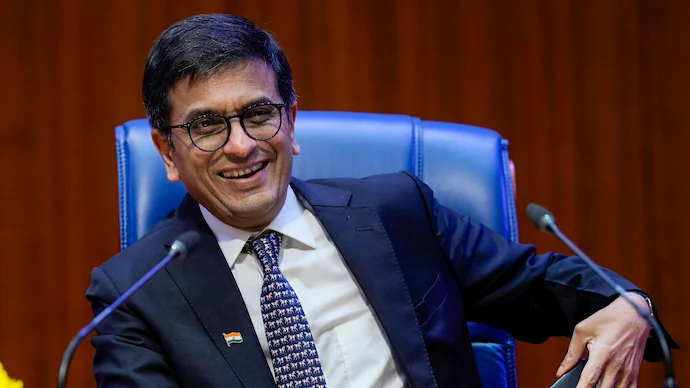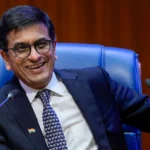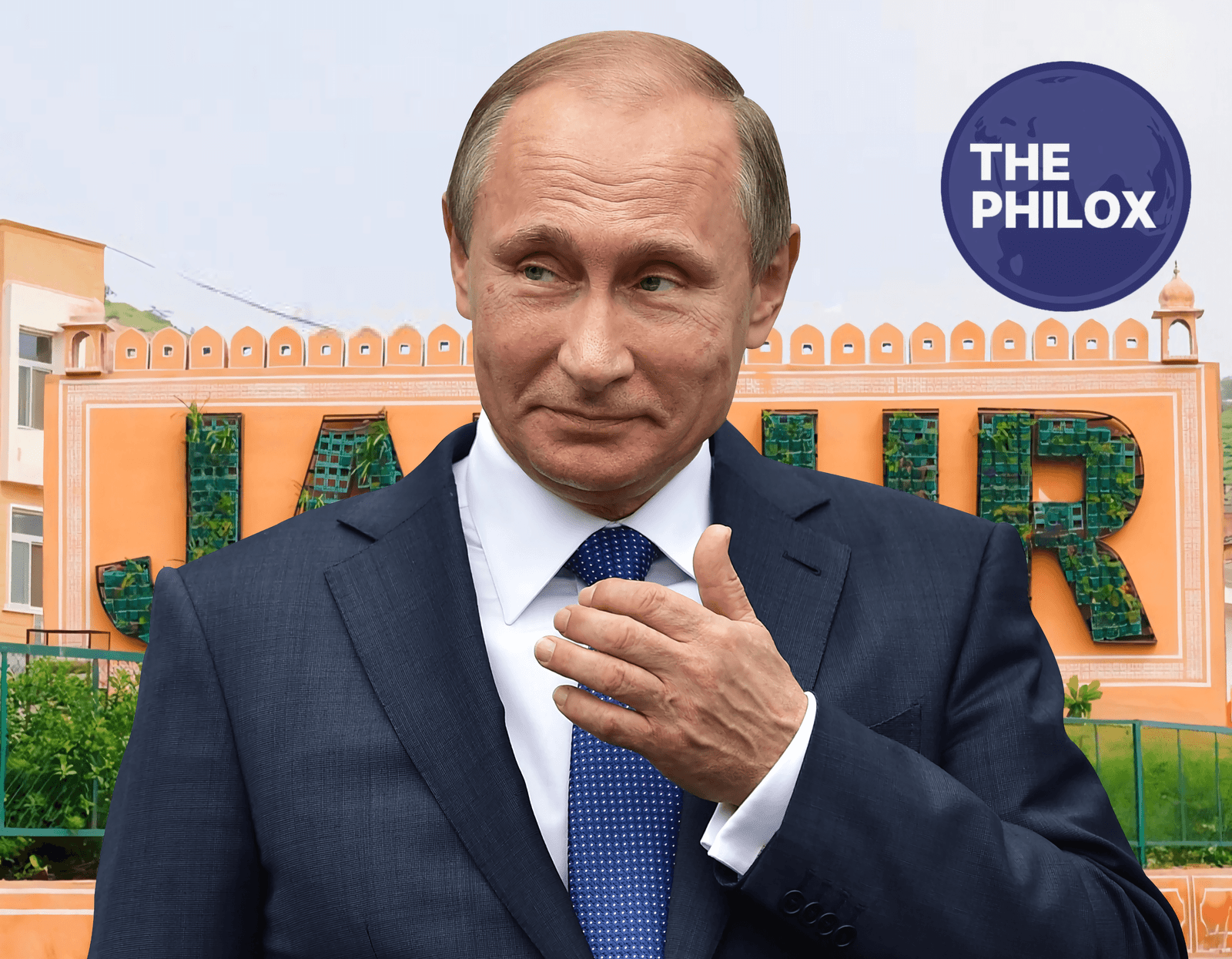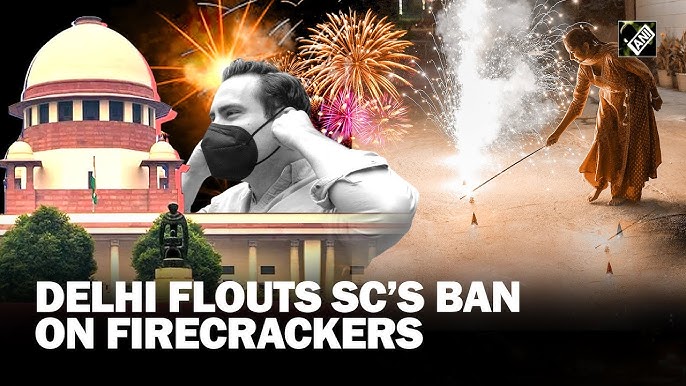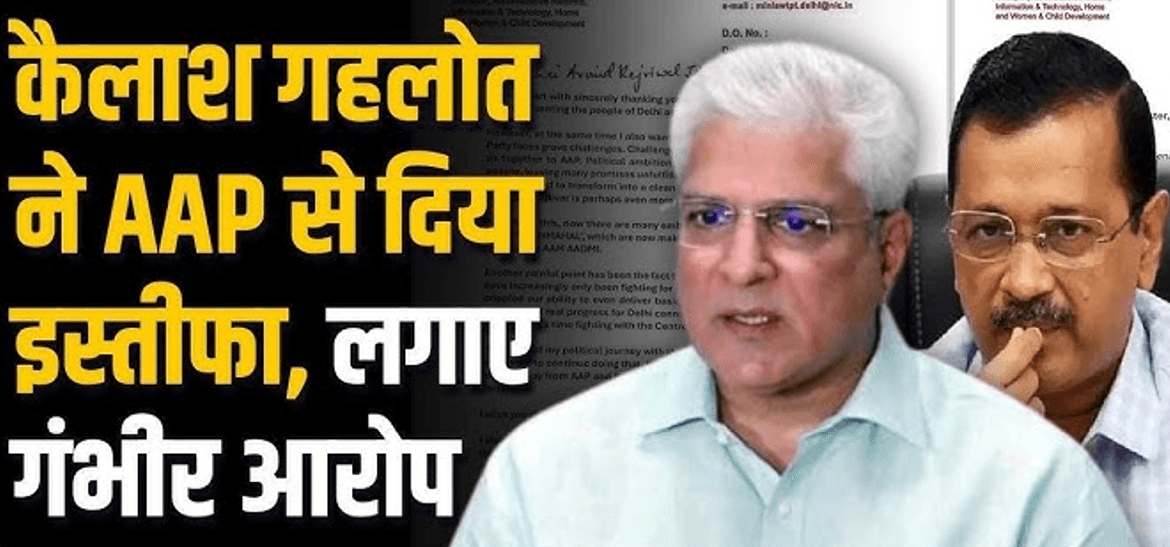Justice D.Y. Chandrachud, soon to turn 50 and the soon-to-be 50th Chief Justice of India, has had a stellar career within India’s legal and judicial systems. A master of landmark judgments and with an outlook that is progressive in the best sense of the word, retirement will automatically make everyone wonder where such expertise and experience are to go next. This article considers the options that lie ahead for Justice Chandrachud and which roles the central government is likely to zero in on.
1. Arbitrator or Mediator One of the biggest tasks handled by the retired Chief Justices or the Supreme Court judges is arbitration and mediation. The increasing Indian corporate sector, as well as global disputes, demand influential arbitrators and this is where Justice Chandrachud proves handy with his phenomenal knowledge of constitutional, commercial, as well as international law.
Advantages of this Role:
He can continue to settle disputes in the private and public sectors, so that there is faster and better resolution.
It can make him an international arbitrator in cross-border disputes so that India’s image goes up among the international community of lawyers.
2. Chairperson of Government Commissions and Committees
The central government often nominates retired judges as chairmen of special committees or commissions investigating and providing reports on important issues. Among all these dimensions, Chandrachud’s experience in human rights, gender equality, and data privacy render him a suited candidate for such roles. Some examples of commissions he could head include those on judicial reforms, data privacy, human rights, and environmental justice.
Possible Committees He May Chair:
Judicial Reforms Committee: Justice Chandrachud could well present an opportunity for reforming India’s judiciary system to make it more accessible and efficient.
Data Privacy Commission: With his view on digital privacy, he seems to be an apt person to head the discussions and policymaking on data privacy and information security.
Human Rights Commission: His approach towards judgments involving fundamental rights makes him a strong advocate for human rights, which shall benefit the National Human Rights Commission .
3. Appointments at International Legal Bodies
This provides him with an international recognition. He is likely to become a future contender for influential positions in the international organizations. Due to the fact that India’s presence will also strengthen on the global platform, the government can send him to the United Nations or other international courts.
Potential International Positions:
Judicial Specialist at the International Court of Justice (ICJ): It shall help him use judicial skills for resolving international issues and help in international legislation.
Member International Criminal Court (ICC): If India has taken an interest in global justice sharing, then his appointment here will also point out India’s commitment toward international peace and security.
Human Rights Council of the UN: His experience has been very vivid while dealing with issues related to fundamental rights, thus helping advocate human rights around the world with a strong Indian voice at that platform.
4. Chairperson of Law Commission of India
This is an important role, reviewing and recommending reform of the law as it stands, and the former Chief Justice- the office that Justice Chandrachud comes from-could very well take up this office because they are most intimate with the vistas of the Indian legal scene.
Why This Role Fits:
Legal Reforms Expertise: While Chief Justice, Justice Chandrachud focused on simplifying legal procedures and made enhancing access to justice, that is a rich experience for the office of the Law Commission.
Policy Guidance: The advisory from the commission generally would also go a long way in policy formulations of the government, and his perception would bring enlightened and sagacious reforms.
5. Advisor on Digital and Data Policy
Justice Chandrachud has also been a strong votary of the right to privacy and proper handling of digital data. With India fast progressing towards a digital economy, the government may appoint him as an advisor or on a committee that handles digital policy or data protection laws.
Key Contributions He Can Make:
Shaping Privacy Laws: He has in the past been part of judgments that ensured the right to privacy is protected; therefore, he is best suited to advise on privacy matters since India is bettering its data protection regime.
Directing Digital Change: Being quite knowledgeable about how digital data affects citizens’ rights, he would be in an excellent position to advise policy makers on balanced technological advancement and citizen’s liberties.
6. Education and Academic Engagement
Justice Chandrachud might like academia because he thinks more intellectually about the law. The retired judges engage themselves in legal education where they help mentor the young law students and build the future of a legal mind.
Post-Retirement Roles in Academia:
Leadership in Law Institutes or Universities: Justice Chandrachud may take a leadership role at the national law universities and share his knowledge to improve legal education.
Guest Lecturer or Professor: His experiences and exposures will be of great value for the students as well as the young legal professionals particularly in constitutional as well as international law.
Judicial and Legal Reform Research: He will engage himself in research work that will lead to changing policies in India, especially within judicial administration and legal technology.
7. Advocacy for Judicial and Social Reforms
Justice Chandrachud has shown immense commitment to social justice. Beyond retirement, he would still be able to collaborate with NGOs and government programs committed to human rights, gender equality, and the judiciary.
Hence, Following are the areas where he can make a difference:
Advocacy for judicial reforms: Justice Chandrachud’s voice could be instrumental in forcing reforms that make justice accessible to marginalized communities.
Gender and Social Equality: He can work with gender rights organizations because in most of his decisions, he has been on the side of gender, women’s rights, and rights for LGBTQ+ people.
Public Involvement: His activities will provide an opportunity to connect the judiciary with the public and make citizens understand more about their rights and judicial system
8. Media and Public Address Engagements
In a media-driven world like today, retired judges often serve as public intellectuals who comment on legal issues, constitutional matters, and social justice concerns. Justice Chandrachud is articulate and has an equally deep well of knowledge, making him a much-sought after speaker.
Media and Public Speaking Opportunities:
Television and News Contributions: His insights into current legal issues would be extremely pertinent in news panels especially during critical national debates.
Lectures and Seminars on Public Issues: Justice Chandrachud could speak to the different legal associations, universities, and civil society organisations on the burning issues facing India’s judiciary and governance.
Writing books: “Many retired judges have written books that explain their experiences and viewpoints, and Justice Chandrachud’s writings will certainly cause deep interest.”
9. Member of the Constitutional Advisory Council
As the Indian government keeps on grappling with ever-changing legal and constitutional issues, a Constitutional Advisory Council would do well to tap into the rich experience of Justice Chandrachud. He has handled sensitive matters before the courts, including the interpretation of constitutional provisions on fundamental rights. This could be very useful to the central government on questions of constitutional law.
Focus Areas
Protecting Fundamental Rights: His closely knitted understanding of constitutional rights and their application in novel circumstances could provide salutary guidance for the protection of constitutional rights.
Discuss Constitutional Amendments: He could then forward propositions for new amendments or changes in policies that do not compromise the constitution.
Conclusion
Justice D.Y. Chandrachud’s retirement shall ostensibly usher in a new dawn of activity where his expertise is directed in even more meaningful endeavors. There will be galore opportunities-from arbitration and academics, government advisory roles and internationals appointments-before all such bodies that work together for the betterment of this great nation. End.
His years post-retirement will surely usher in meaningful reform and improvement of the law, policy, and society, and his inspiration will surely be passed down to the next generation of legal minds.
